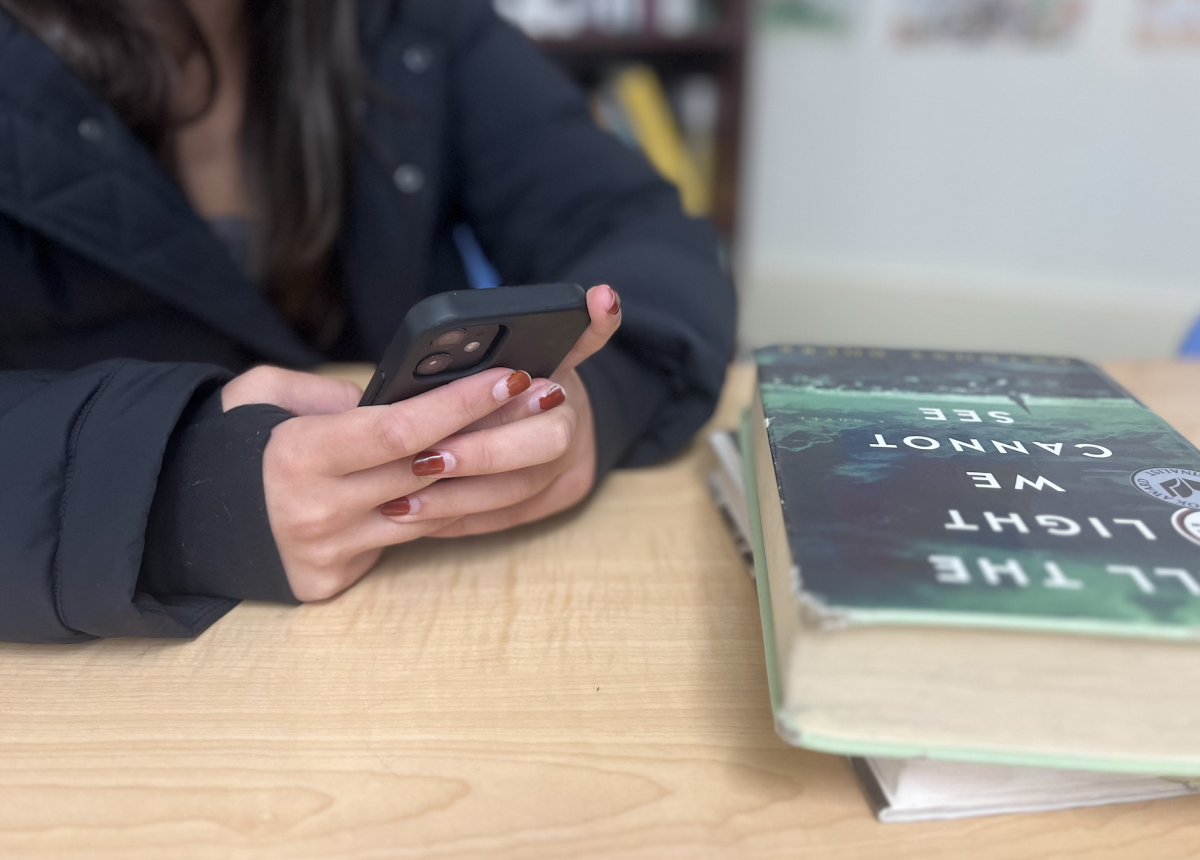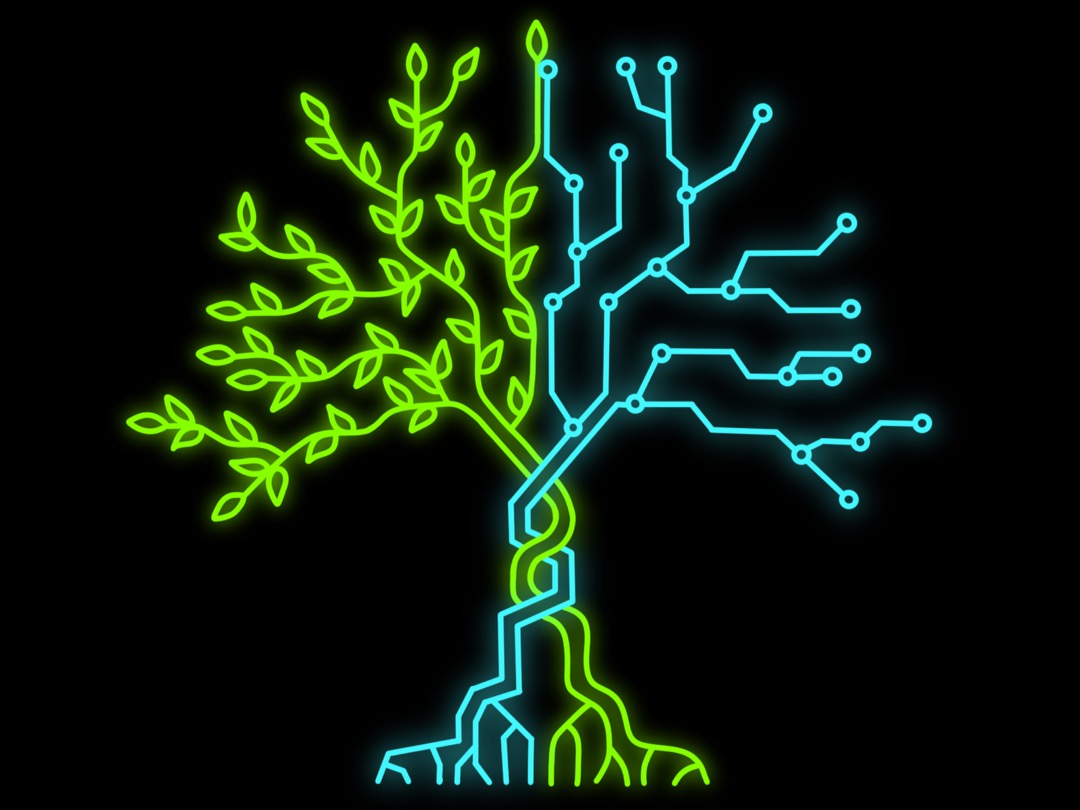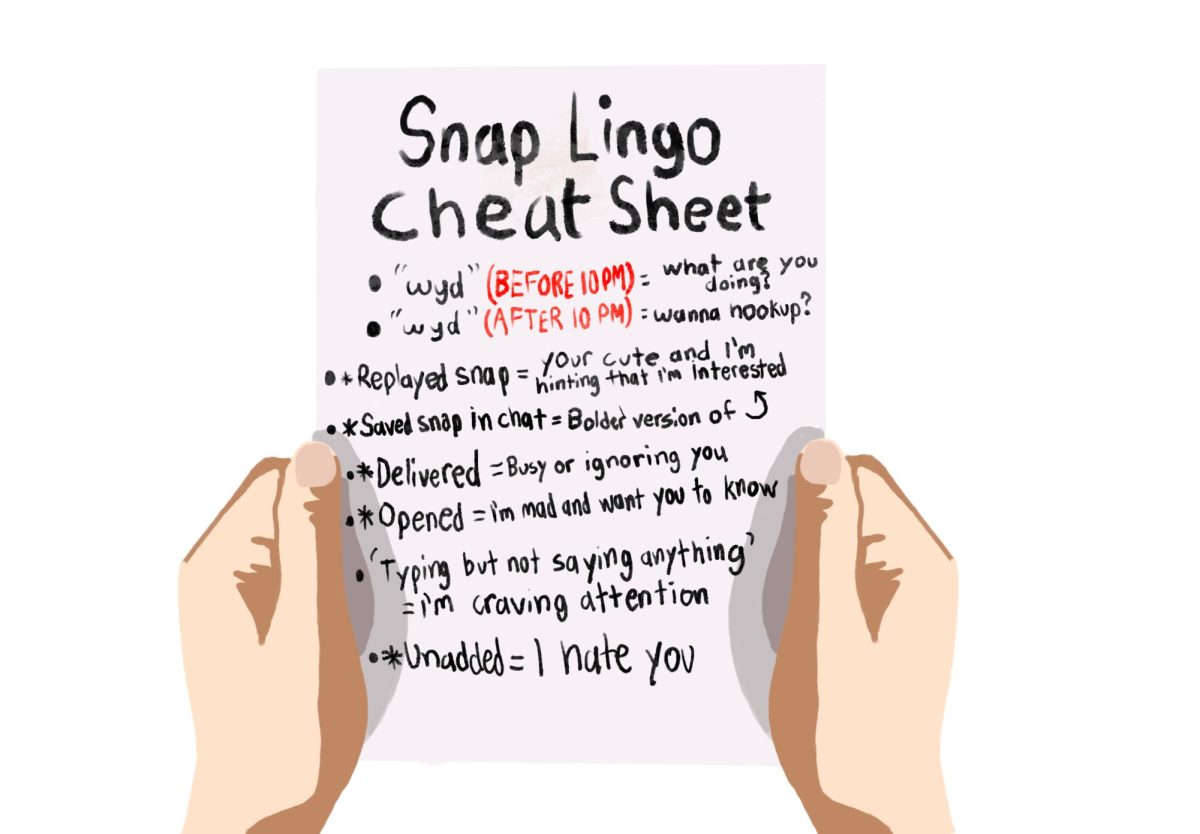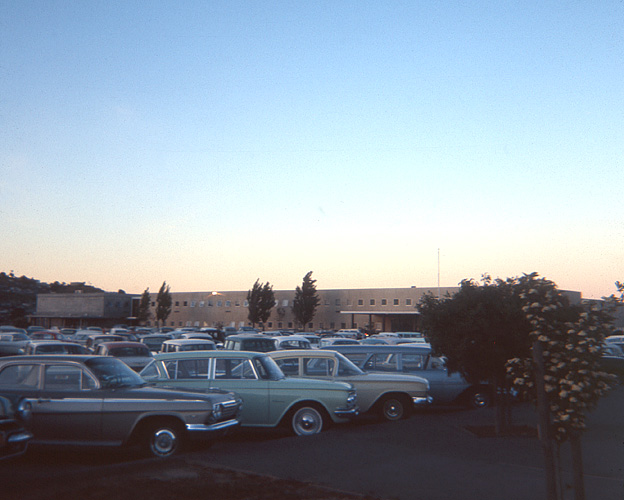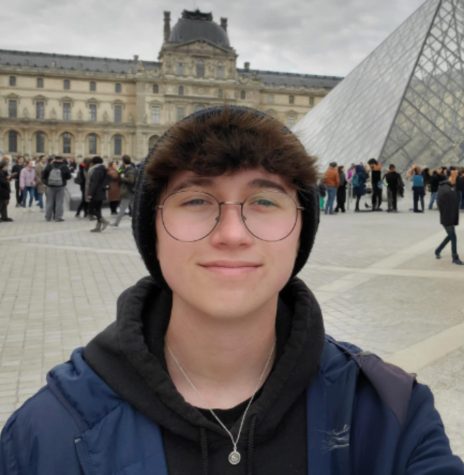
This year, Ramadan was announced to begin at sundown on Sunday, March 10, when the crescent moon was spotted by officials in Saudi Arabia. Ramadan is the ninth month of the Islamic calendar, and is most well known for the fast that Muslims undertake over the course of its 30 days. During Ramadan, those fasting do not consume food or drink from dawn until sundown, with meals before and after those times.
While the fast is central to Ramadan, many other traditions accompany it, with traditional practices around meals, prayer, charity and more, ranging from global to local in their focus.

History and Background
The earliest recorded practice of Ramadan occurred in 624 CE, when it was observed for the first time in Medina, located in modern-day Saudi Arabia.
Like this year’s observance, the first Ramadan began in March.

The Prophet Muhammad instructed Muslims to fast for the month of Ramadan in order to strengthen faith and spiritual discipline while facing military conflicts with ruling pagans.
Those words can be read today as verses in the Quran that have governed the practices of Ramadan ever since.
Ramadan is observed according to the Islamic Calendar, which differs from the Gregorian Calendar as it is based on the patterns of the moon rather than the sun. As such, each Muslim holiday takes place approximately eleven days earlier every year.
Marin resident and former teacher Amal Crespo grew up in a secular household due to the blend of religions, including Islam, in his family and as such chose to begin fasting as an adult.
“Because every year [Ramadan] takes place earlier than the previous year, throughout your lifetime, you [fast at different times] of the whole year. It’s very difficult in summer, because you could fast for 18 hours straight between dawn and sundown. When I first started fasting, it was winter, so it was much easier,” Crespo said.
While fasting is a key pillar of Islam, Muslims who are children, elderly, pregnant, unwell or otherwise unable to fast are not expected to participate. Sausalito resident Aziz Majid, a Redwood alumnus, remembered wanting to fast as a child in admiration of his parents.
“I was always really amazed and impressed with it, seeing my parents and community members fast. I remember fasting for half days at a young age just because I wanted to, for a few hours or so,” Majid said.

Celebration and Traditions
A typical day during Ramadan begins with Suhoor, a meal held before sunrise and followed by morning prayer. Once the sun is up, one refrains from food or drink until sundown when the fast can be broken. Majid shared a classic tradition for doing so.
“The biggest recommendation and tradition in our faith is to break your fast with a date. Dates are how I typically break my fast, and if you go to any mosque for an Iftar there’s always dates out to break your fast with,” Majid said.
Iftar is a larger meal held in the evening and is often a more communal experience, whether shared with family, neighbors or those present at a mosque, also known as a masjid. Crespo praised the community Iftar dinners held at the Islamic Center of North Marin in Novato.
“We love to have good food in the evening, a lovely meal for Iftar. The food is great on Friday nights, particularly, when everyone shows up. We have some great cooks among us, and delicious Indian food,” Crespo said.
Along with the five daily prayers that form another one of the five pillars of Islam, during Ramadan, Muslims may practice an additional night prayer called Tarawih. Senior Reenad Mussa recalled fond memories of Iftar dinners and nights spent at the masjid with her family.
“As a kid, I really liked breaking my fast with my family, having a lot of food and going to the masjid. And every night during Ramadan, at Tarawih, you pray for a few hours. Sometimes you go home around 1:00 or 2:00 a.m., and it’s very, very peaceful. When I was younger I would go with my dad to the masjid just to come play around other kids while he prayed,” Mussa said.
The prayer is Sunnah, or non-mandatory, but an important practice nonetheless.
A key element of Tarawih is the recital of verses from the Quran.
“As we continue night by night, sometimes the Quran is recited in its entirety before the month ends, in which case we start all over again,” Crespo said.
Another practice many Muslims perform during Ramadan is Zakat. While Muslims are encouraged to voluntarily give charity throughout the year, Zakat is an obligatory practice that asks them to contribute 2.5% of their income unless financially unable.
These funds go to those in need and other causes listed in the Quran.
The month culminates with Eid-al-Fitr, a celebration for completing the fast which also involves prayer, feasting and festivities with one’s community and loved ones.
This year, the holiday is projected to fall on Tuesday, April 9,
 and can last more than one day in many countries, such as in Nigeria, where celebrations last for three days.
and can last more than one day in many countries, such as in Nigeria, where celebrations last for three days.
“Eid may look different depending on where you are, but no matter what, it’s always festive,” Crespo said.
Mussa shared some of her memories of Eid in New Hampshire, where she used to live.
“On Eid, you wear a really nice outfit. Everyone dresses up. In the morning, you go to the masjid for Eid prayer, celebrating that we made it through the month,” Mussa said. “At that masjid, they would give these really big bags of candy to all the kids. My family would pray, we’d talk to family friends, and then we’d always go straight to IHOP for breakfast, which was our tradition. Then we’d go home and get ready to host. You alternate hosts for each holiday with your family and friends.”
Majid always had an appreciation for Eid as a holiday partially because of its celebratory gift giving tradition.
“I grew up in Marin County, and I really didn’t have any Muslim friends at all. When you’re little, you think, ‘Oh, Christmas looks really cool.’ At an early age I think I got a little envious. However, I feel that in our religion, my parents did a good job of it —really uplifting Eid [and] giving gifts, so kids don’t feel like they’re missing out on other holidays that they don’t practice,” Majid said.

Perspectives and Connections
Mussa has fasted during Ramadan since adolescence, and as such has a lot of experience with long, hungry school days during the month.
“Waking up earlier to eat before sunrise, and then going to school for six, seven hours can be exhausting. But the idea of Ramadan is to help us understand how lucky we are to have food, water, the things we take for granted. During school, it is tiring, but when I feel hungry, when I get tired, I’m thinking ‘This is the point,’” Mussa said. “It’s when something’s taken away that you realize ‘Wow, I really took this for granted, and I wish I didn’t.’ That’s what Ramadan does for you.”
Crespo spoke on the challenges of Ramadan that come with its mental fast from bad habits and mindsets.
“During Ramadan, it’s also fasting from bad thoughts, from negative attitudes, from swearing, from gossiping about people [or] making bad comments. If people try to engage you in a discussion that goes in that direction, you tell them, ‘Sorry, I’m fasting.’ Frankly, that can be the hardest part,” Crespo said.
Majid also emphasized the more spiritual aspect of fasting for Ramadan.
“To many people, it seems like we’re just simply fasting from food and drink, which we are. But it’s also much deeper than that. The month is to really work on yourself as a person in society, in your relationships, in your family, at work. I always say the month of Ramadan is like a rejuvenation, or a battery recharge, for Muslims throughout the year,” Majid said. “There’s definitely a special something in the air when Ramadan comes around.”



